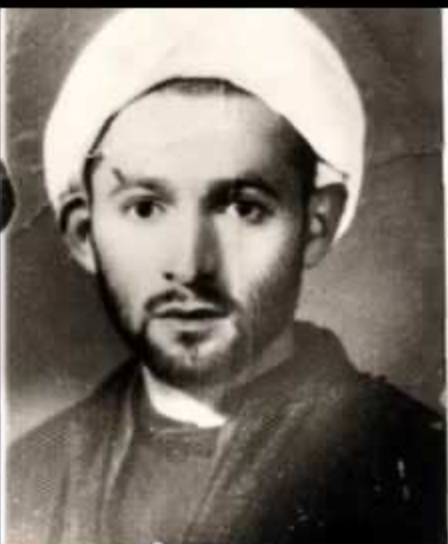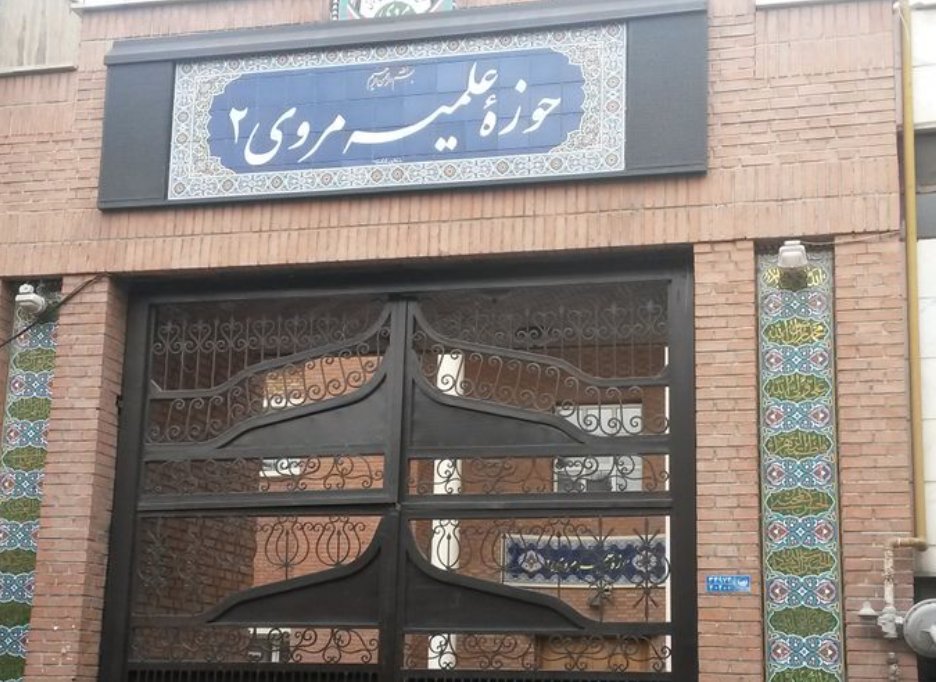A thread on #IbnArabi in #SouthAsia people consider the main conduit to be the #Chishti Sufis and their ethical principle of #sulh_e_kull which is assumed to be an expression of #wahdatalwujud 1/
first link is the famous poet Fakhr al-Din Iraqi (d. 1289 in Damascus), a disciple and son in law of #BahauddinZakariyya in #Multan later moved to study with Qunawi and was present at Rumi’s funeral in Konya - later commentators on the #Lamaat linked his verses with #IbnArabi 2/ 

Persian verse was a major conduit for the dissemination of the metaphysics and hermeneutics of #IbnArabi and for the later tradition two key works were prominent 3/
The first of these is the #Diwan of Muhammad Shirin #Maghribi (d. 1408) edited masterfully by my dearly departed colleague Lenny #Lewisohn (d. 2018) 4/ 

The second work is the prose and poetical treatise Lavayih of perhaps the greatest poet of the 15th century ‘Abd al-Rahman #Jami (d. 1492) which was influential along with his commentary on the #Lamaat of Iraqi - I picked up this at the old Theosophical Bookshop in mid 90s 5/ 
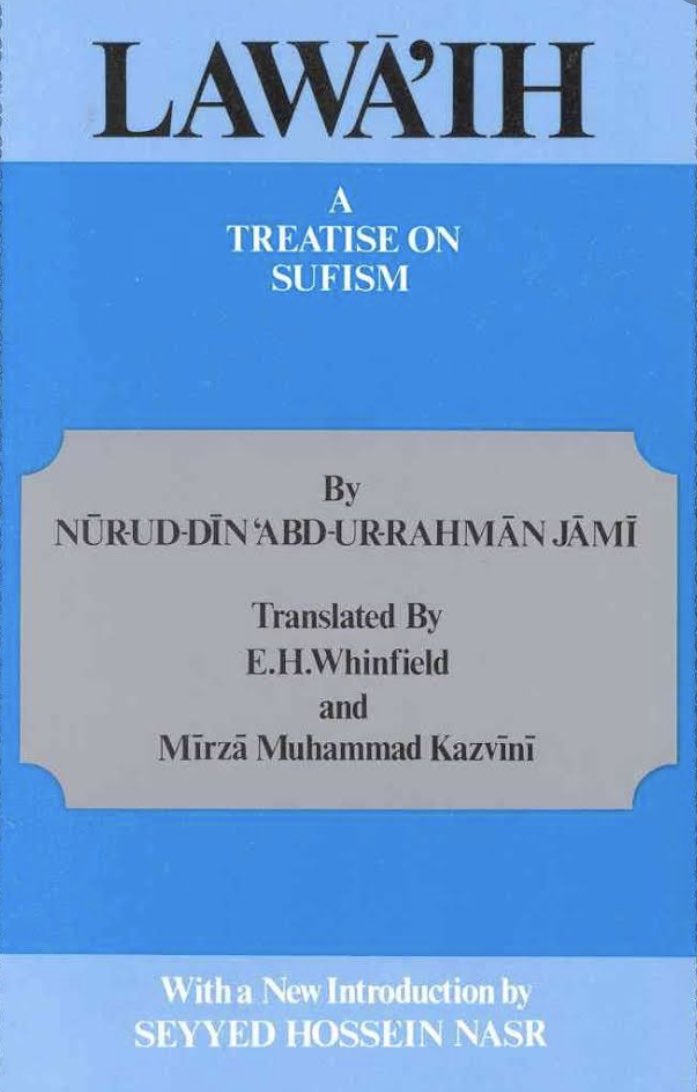
Another major conduit was formal commentary on the Fusus al-hikam beginning with the one penned by the #KubrawiSufi of #Kashmir Sayyid Ali Hamadani (d. 1384) - the #Kubrawi #Naqshbandi and #Chishti orders all embraced #IbnArabi 6/
Hamadani’s commentary was published by Jalal Misgarinizhad mistakenly attributing it to a famous #Naqshbandi Sufi influenced by #IbnArabi Khvaja Muhammad Parsa (d. 1420) rashedinia.blogfa.com/post/6 7/ 

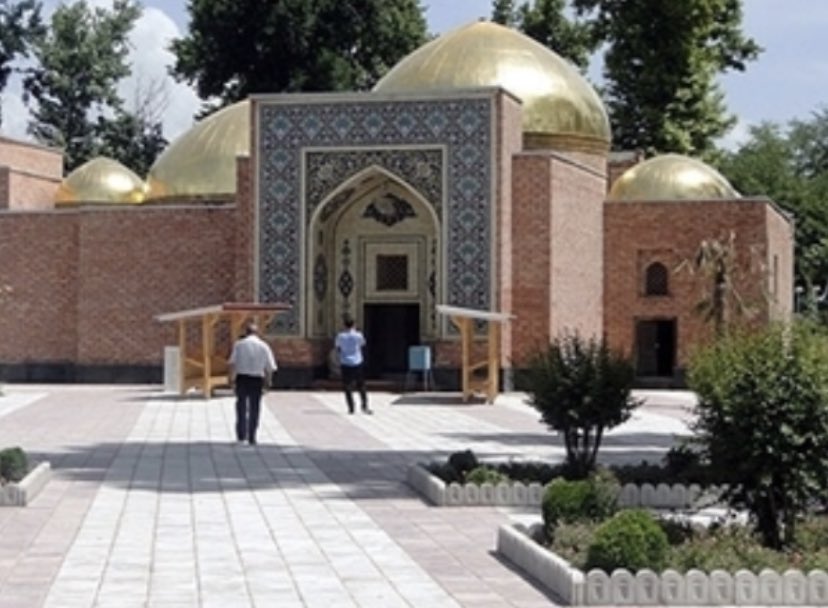
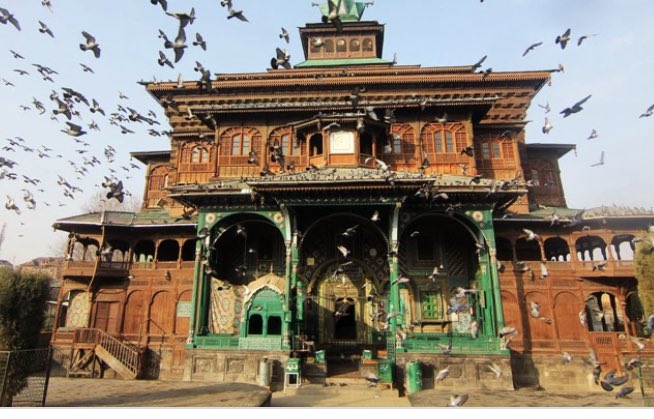
Usually two #Mughal figures are mentioned in the context of #IbnArabi in #India studied in two well known articles by #WilliamChittick onlinelibrary.wiley.com/doi/pdf/10.111… 8/
The second article engages with the controversy raised by Ahmad Sirhindi (d. 1624) on #wahdatalwujud iphras.ru/uplfile/smirno… 9/
A more careful study of Sirhindi’s corpus suggests that #wahdatalshuhud is more of a semantic parsing of monism than an actual alternative later taken up by #ShahWaliAllah (d. 1762) academia.edu/23464906/_Sufi… 10/
The first #Mughal figure - and that is apart from major royal figures #Jahanara and #DaraShukoh books.google.co.uk/books?id=Yze6D… - is Muhibbullah Ilahabadi (d. 1648) whose Taswiya is a short attempt to explain #IbnArabi in the language of #Avicenna amazon.com/Equivalence-Al… 11/
Ilahabadi was extremely prolific writing a Persian and an Arabic commentary on the #Fusus as well as major compendia influenced by the #FutuhatMakkiyya of #IbnArabi like Anfas al-khawass and Tarjamat al-kitab academia.edu/40580699/Muḥib…ʿArabī 12/
As he was a major #Chishti figure the later embrace of #IbnArabi by the #Chishti and philosophically inclined #FarangiMahall thinkers of 18th century and after cemented his role in the intellectual canon of #SouthAsia herald.dawn.com/news/1398534 13/
The second major figure is the wonderful but difficult poet Mirza ‘Abd al-Qadir #Bedil (d. 1720) whose verses especially the long #masnavi written late in life #Irfan were heavily influenced by the metaphysics and imagery of #IbnArabi ganjoor.net/bidel/ghazalbi… 14/ 
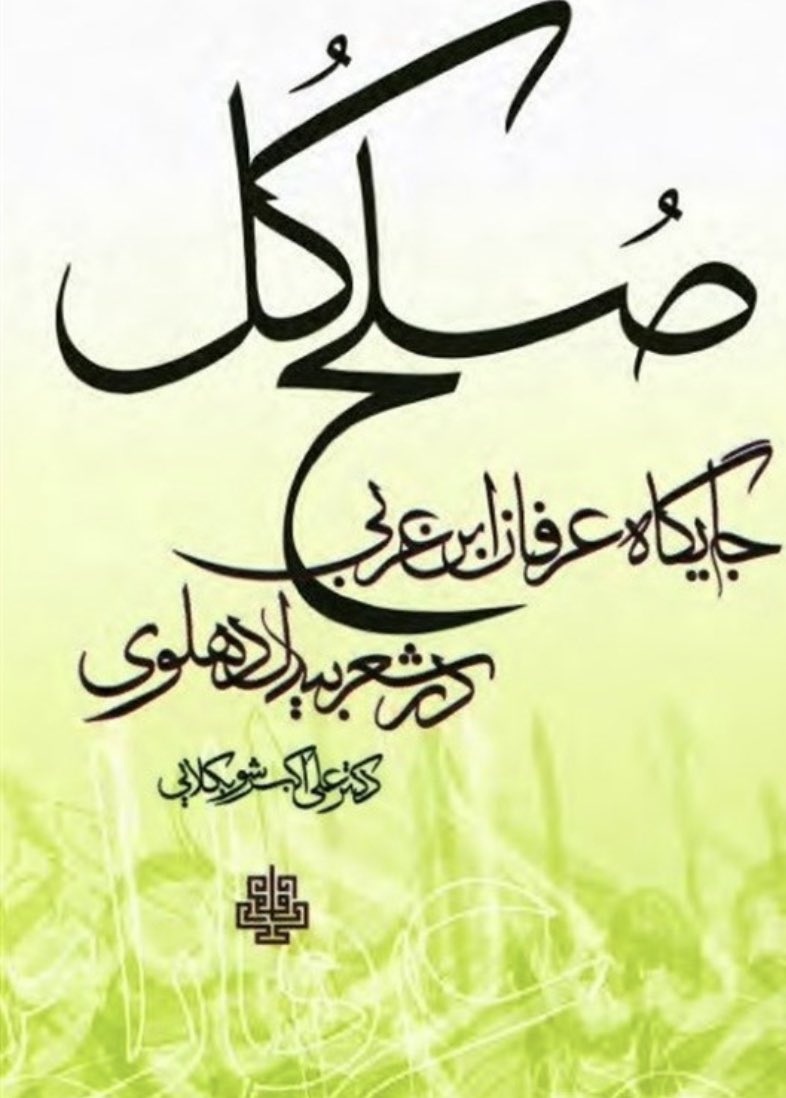
One of the legacies of #IbnArabi in #SouthAsia are the many translations into Urdu including ones recently produced by the #Rawalpindi based #IbnArabiFoundation ibnularabifoundation.org 15/ 


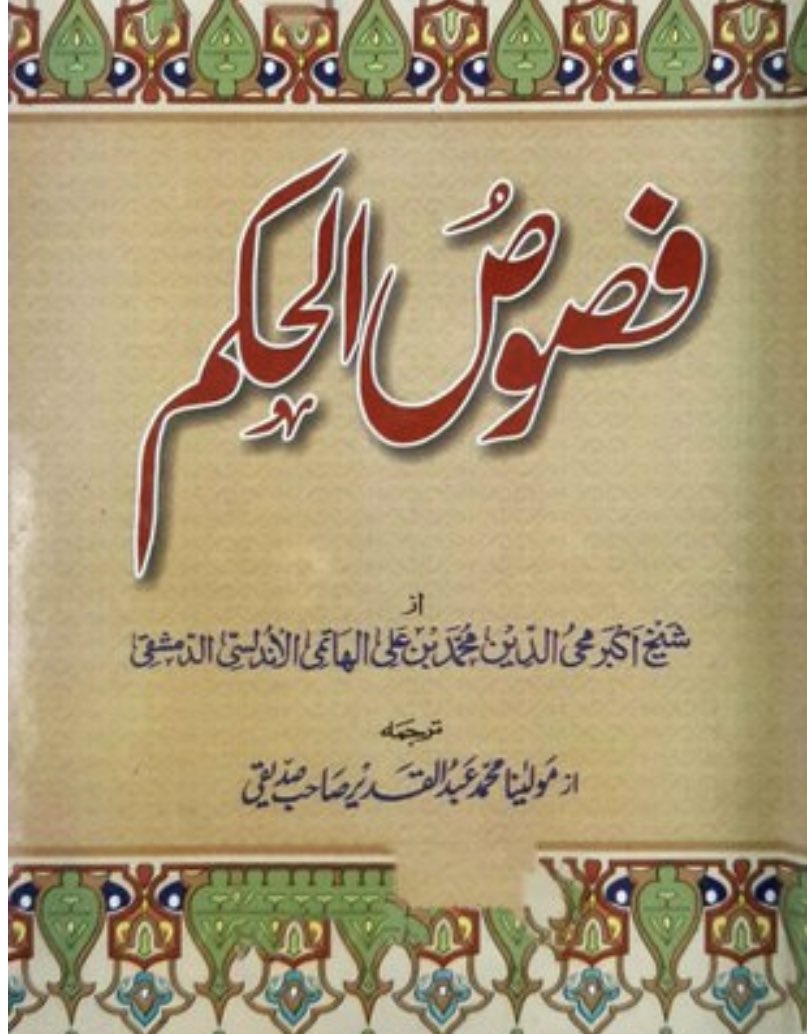
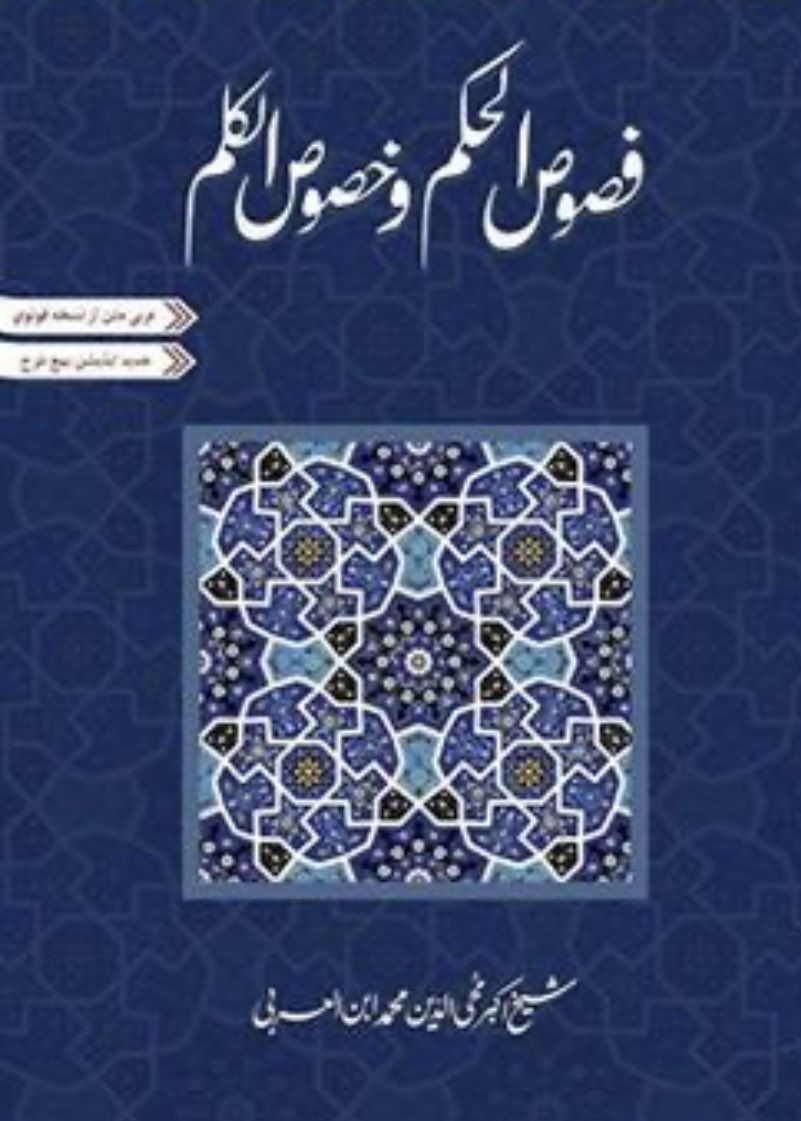
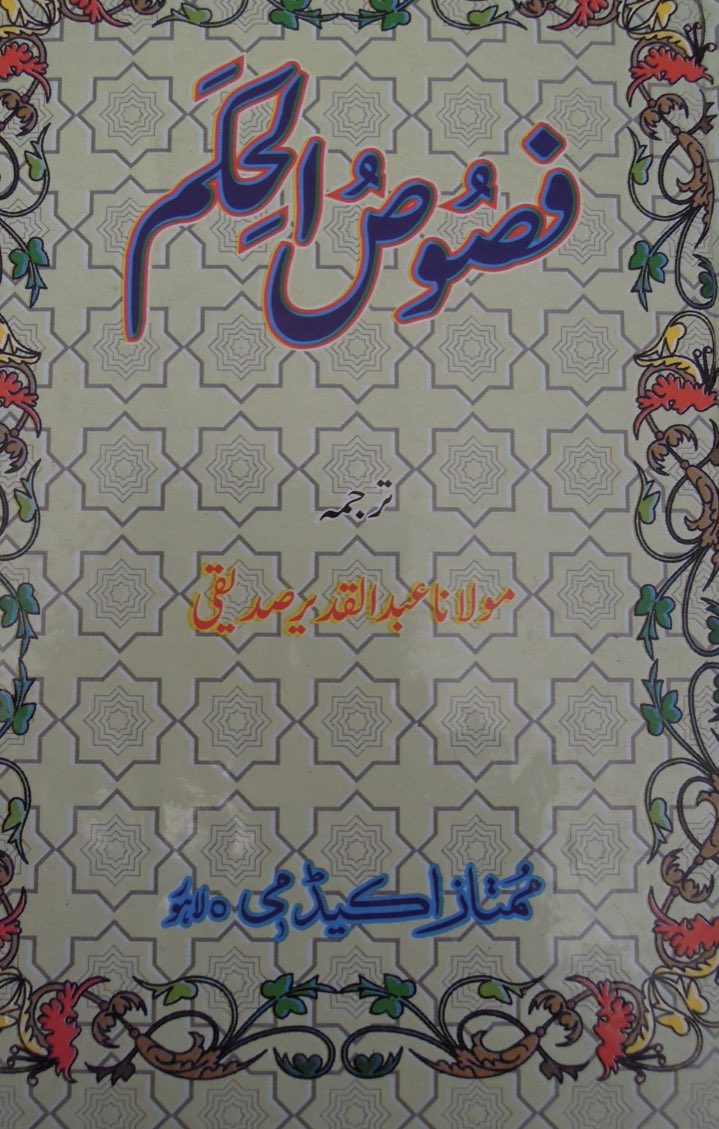
More recently the #Fusus continued to be read and glossed by the famous #Deobandi figure #AshrafAliThanvi (1863-1943) whose commentary of the #Fusus is a major element of his corpus sunnionline.us/arabic/2008/05… 16/
#IbnArabi continues to have a presence in #SouthAsia - contested, championed as an advocate of universal peace against jihadis, translated, and this is even before considering the uses in #Shii and other contexts as well 17/
• • •
Missing some Tweet in this thread? You can try to
force a refresh










